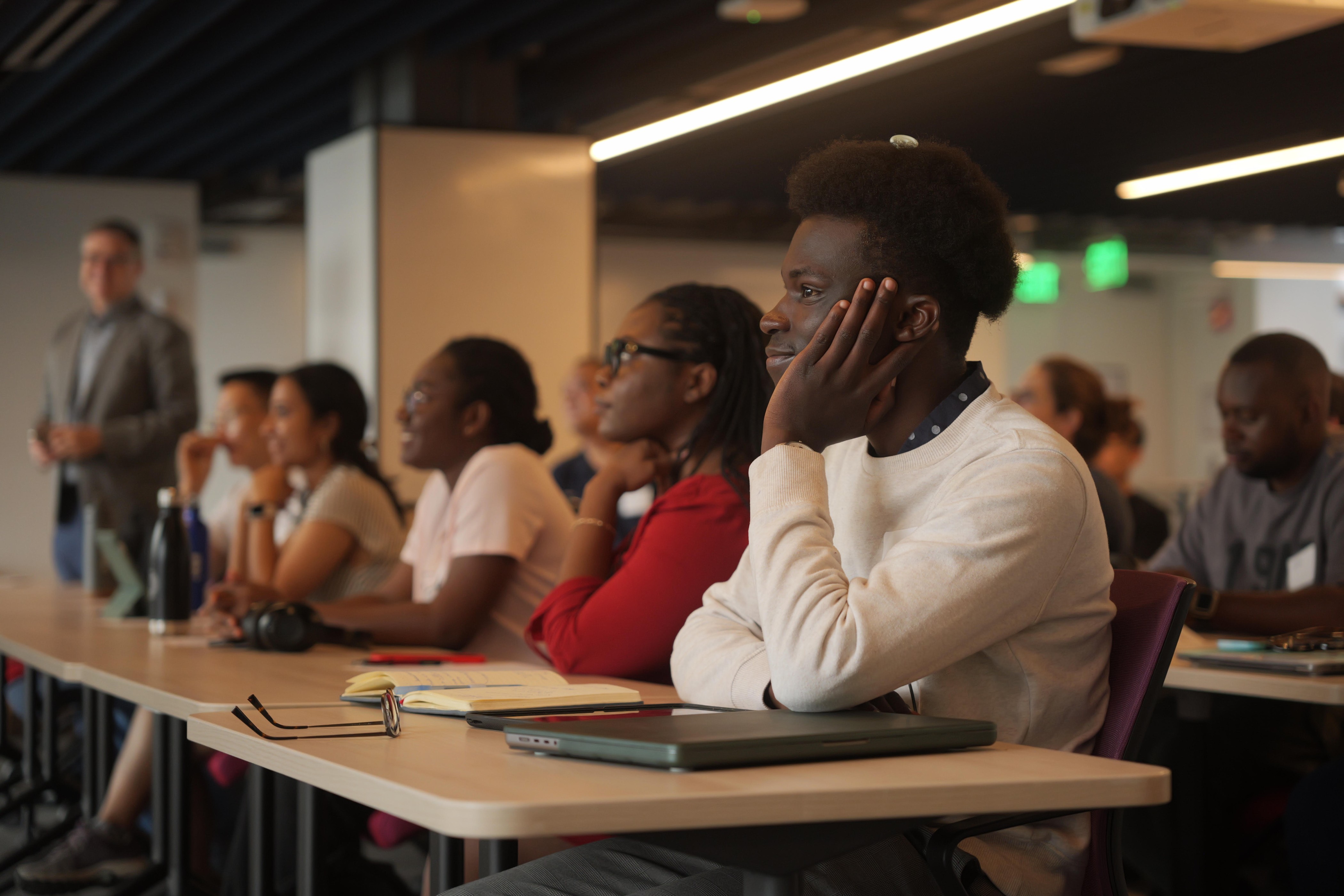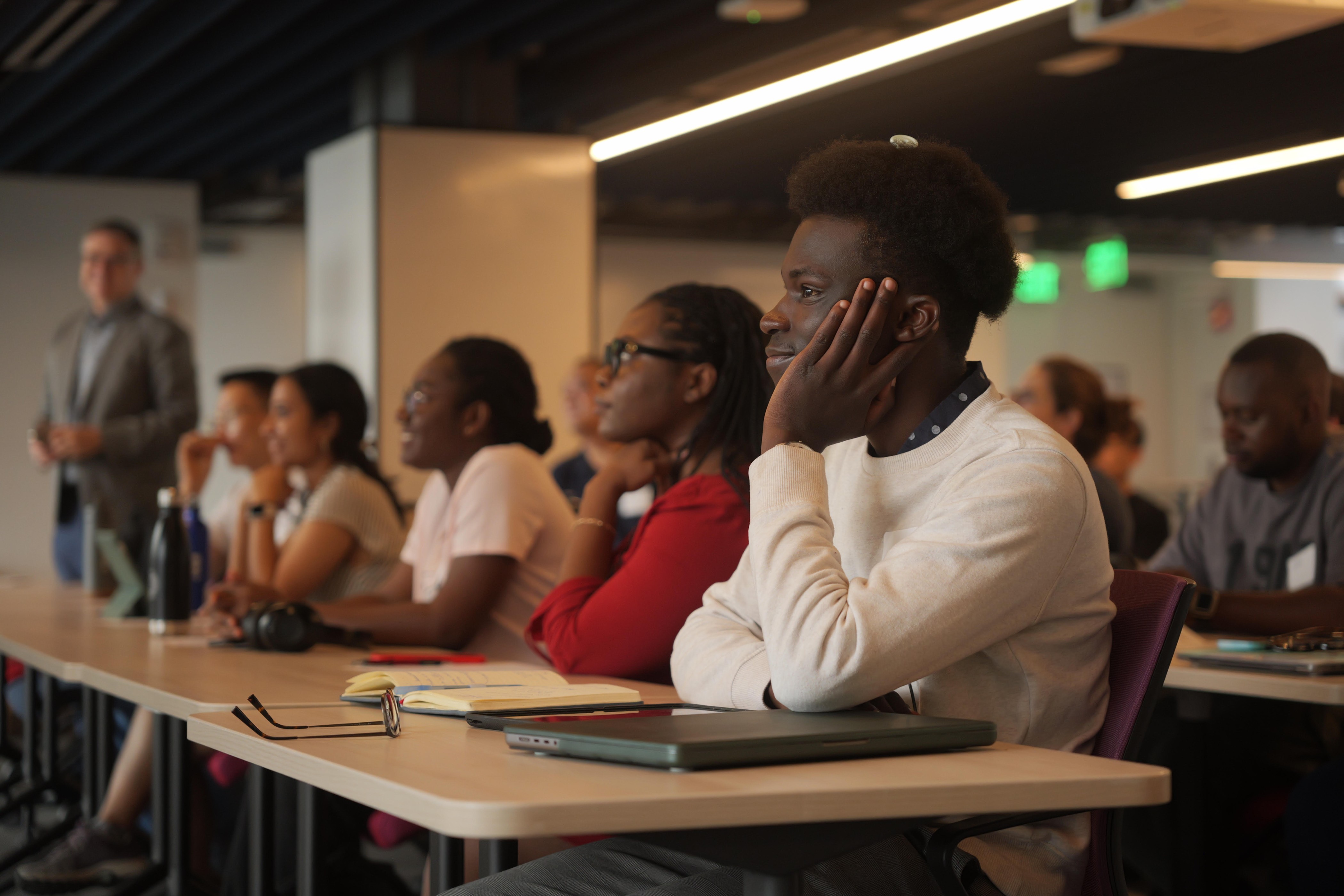THE WOMEN-WASTE-CLIMATE NEXUS: Unlocking the potential of women entrepreneurs to tackle the global waste crisis and accelerate the race to net zero.
White Paper
November 2023
Authors: Delila Khaled, Principal, ImpaXus
ACKNOWLEDGEMENTS
This white paper synthesizes the outcomes of a virtual panel and roundtable discussions on the women-waste-climate nexus. The nexus concept was developed under an EngineeringX-funded champion grant. The author would like to thank the Legatum Center for Development and Entrepreneurship at MIT for co-hosting the event, and Engineering X (an international collaboration of the Royal Academy of Engineering and Lloyd’s RegisterFoundation) as well as the International Development Research Center for supporting and funding this effort.
The success of the event would not have been possible without the help of an amazingly gracious, committed, and talented group of people to whom I am deeply grateful. Special thanks to Dina Sherif, Executive Director of the Legatum Center, for her unwavering support and partnership from conception to execution, as well as her masterful moderation; and to the Legatum team, Rania Helmy and Donovan Beck, for their tireless efforts on communications, promotion, event management, and much more. I would also like to thank Nora Maamoun for her support with the presentation and report design. Thank you to the roundtable discussion facilitators Natasha Milan Matic (Global Commons Alliance), YasarJarrar (IAG), Hazel Ingham (Royal Academy of Engineering), and Dina Sherif. I would also like to thank all of the roundtable participants for willingly and enthusiastically sharing their ideas and experiences and posing challenging questions that enriched this paper and inspired a more resolute call to action. Finally, I am deeply grateful to the Engineering Xteam and Advisory Board for supporting my work and the advancement of women in waste management and the circular economy.
EXECUTIVE SUMMARY
Challenge: The public, climate actors, and investors have come to recognize the urgent need to cut greenhouse gas emissions and shift to a circular economy to avoid climate catastrophe. But the ubiquitous and insidious role that waste plays in driving the triple planetary crisis – climate change, waste pollution, and biodiversity loss – remains a relatively overlooked area of climate action and investment, especially at the intersection with gender. Waste and resources management – central to reducing emissions, closing loops, and achieving circularity – have been conspicuously neglected in global dialogue, research, and funding around climate in general and climate and gender in particular. This points to a lack of awareness among climate and gender actors of the critical link between waste and climate change, as well as women and waste. To meet our ambitious climate goals, the world must address the challenge of waste and resource management in every industry, sector, and segment of society, but succeeding is a long shot without women at the table. Success requires radical collaboration to overcome massive climate finance and innovation gaps, especially in low- and middle-income countries, during a time of global economic decline and in the face of relatively gender-blind climate policies and funding mechanisms.
Opportunity: The crisis demands that we take rapid, efficient, and effective action to accelerate a massively complex transition to a circular economy, globally and locally. Meanwhile, a sizeable and ever-growing body of evidence has established that women deliver innovation and foster inclusion. They are adept at complex, nonlinear problem-solving, and they deliver stronger environmental and financial performance. Harnessing these strengths, women entrepreneurs are also more motivated to make a difference in the world. These are precisely the attributes needed to tackle the global waste emergency and ensure a just transition. To unlock the full potential of women entrepreneurs to drive transformational change in waste and resources management, there is an urgent need to advance learning, unlock and engender climate finance, and co-create entrepreneurial ecosystems with women waste entrepreneurs (WWEs) that fuel their innovation capacity.
Goal: This white paper is a direct response to that need. It is a preliminary step toward catalyzing the radical collaboration required to elevate attention and spark immediate action. The paper is the product of a half-day collaborative learning event, The Women-Waste-Climate Nexus, based on a research-action project to advance the role of women in waste management and the circular economy. ImpaXus partnered with the Legatum Center for Development and Entrepreneurship at MIT to host the event and produce this paper with support from Engineering X (a Royal Academy of Engineering and Lloyd’s RegisterFoundation initiative) and the International Development Research Center (IDRC).
Outcomes: Feedback from participants during and after the event affirmed not only the urgent need, but the keen desire to address the women-waste-climate nexus. Ultimately, women waste entrepreneurs were recognized as an untapped but potentially transformational force in the fight against climate change and the transition to a gender-just, net-zero future. There was a resounding call to (1) Continue collaborative learning discussions and include additional stakeholders, notably corporations, informal sector organizations, and local governments; (2) Link the dialogue to key forums and institutions working in the climate, waste, and gender arenas; and (3) Translate learnings into practical action and partnerships that disrupt the status quo and galvanize immediate attention and action.



